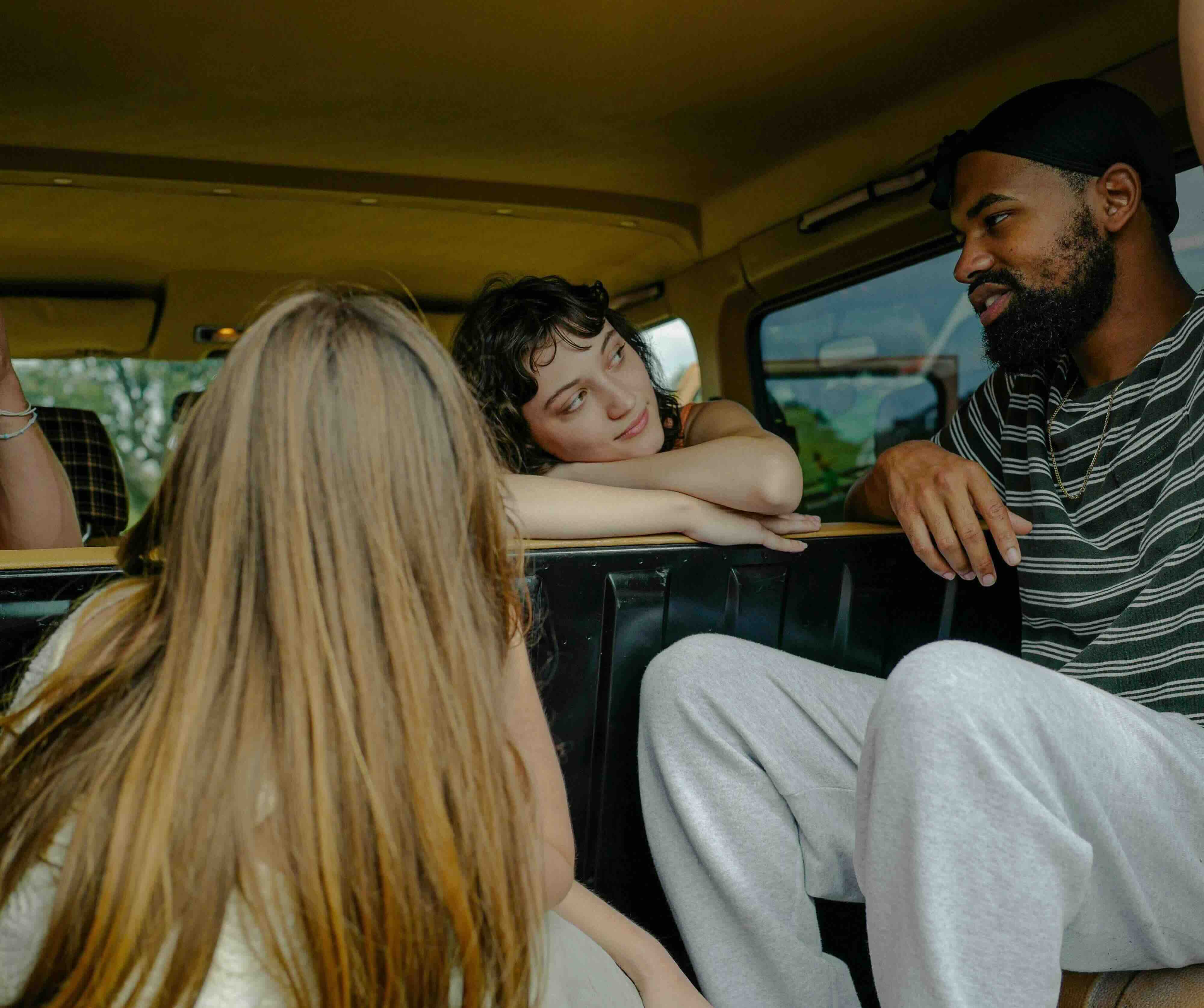Worried you’re a bad parent if your teens struggling with their mental health? This will free you from that guilt

So… things at home are tense.
Your teen is acting out, shutting down, or spinning out—and your mind keeps replaying one brutal thought on loop:
“What did I do wrong?”
Let’s stop right there.
You being here? Reading this? Means you haven’t given up. And that already makes you a good parent.
Let’s clear out the shame so you can actually show up for your teen (and yourself).
What You’ll Get From This:
- Why everything feels like it’s shifting (because it is)
- What beliefs are hurting you more than helping
- How to actually connect with your teen (even when they’re rolling their eyes)
- What to do if your gut says your teen needs more support
First: You’re not imagining it. Everything is changing.
Your teen’s pulling away. They’re moodier. More private. Snapping over curfews, school, body image, or the fact that you “breathe too loud.”
It’s not personal. It’s developmental.
Teens push back because they’re learning to stand on their own. But when that push turns into spiraling—withdrawal, anger, hopelessness—that’s when your role shifts from rule-setter to safe place.
The Parenting Beliefs Keeping You Stuck (and What to Do Instead)
Belief #1: “This is all my fault.”
Truth: You didn’t cause your teen’s pain—but you can influence their healing.
You are not a failure. You’re a mirror.
They’re watching how you handle stress, feelings, conflict.
You get to model that it's okay to cry. To say, “I’m not okay today.”
That’s what breaks cycles. That’s what builds trust.
Action: Start narrating your emotional world.
“I’m feeling overwhelmed, so I’m going to take a walk to reset.”
Let them see healthy coping in action.
Belief #2: “They’re just lazy, disrespectful, or entitled.”
Truth: Behavior is communication—especially when words fail.
That meltdown over curfew? Might be masking fear they can’t name.
The refusal to do homework? Could be a brain stuck in anxiety paralysis.
Action: Try this phrase:
“You don’t have to explain everything. I just want to understand what this feels like for you.”
Then listen like their words matter. Because they do.

Belief #3: “Other parents have this figured out. I’m behind.”
Truth: Spoiler alert: They don’t.
Most parents are winging it with a mix of Google searches, trauma triggers, and caffeine.
The difference is: you’re choosing to learn, adapt, and not let fear run the show.
Action: Curate your support crew.
Talk to a school counselor.
Join a parent support group.
Call us. We’ll walk you through next steps without the judgment or jargon.
Belief #4: “My kid doesn’t listen to me. Just their friends.”
Truth: They hear you. They’re just not reacting how you expect.
Your voice is still one of the most important in their life.
But teens are translation machines—they don’t always hear what you meant to say.
Action: Mirror back what they said before you respond.
Validation opens doors faster than lectures ever will.
Belief #5: “If I tell anyone what’s going on, they’ll judge us.”
Truth: Silence feeds shame.
But you’re not alone. You’re not the only parent carrying this.
And you don’t have to do it in isolation.
Action: Talk to your pediatrician. A trusted therapist.
If you’re in a Sanare area, call us. This is what we do. We’ve got your back.
Noticing signs your teen needs more support?
You’re not being dramatic. You’re being a protector.
And if your gut’s going off, listen.
Here’s how Sanare can help:
Our teen programs are built for this exact moment.
Whether they’re dealing with anxiety, depression, identity confusion, social stress, trauma—or all of the above—we offer Turning Point programs (group therapy, 4x/week) designed to bring teens back from the edge and into a life that actually feels okay to live.
Here’s what happens when you reach out:
You call us.
We’ll schedule a consult within 48 hours—either in-person or virtual.
Your teen meets with a licensed therapist.
We’ll help figure out the right path forward—whether that’s one of our programs or a trusted partner.
They show up to their first session.
Maybe a little nervous. Maybe a little skeptical.
That’s okay. They’ll hear stories like theirs and learn tools they can actually use.
And you?
You’ll finally feel like you’re not flying blind.
You’re not a bad parent. You’re a brave one.
The fact that you’re still showing up—even with doubt, guilt, and zero guarantees—is proof enough.
Let’s make the teen years less about surviving and more about building something real.
We’re rooting for you—and your teen.
And hey—if you ever feel like you need more support with this?
That’s what we’re here for.
If that hit close to home, here’s more.
Join Us
Tired of the same old mental health advice?
Sometimes funny. Always human. For the days you’re not ready to talk but still want to feel understood.



.jpg)
















